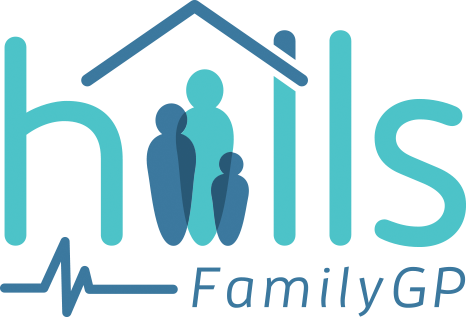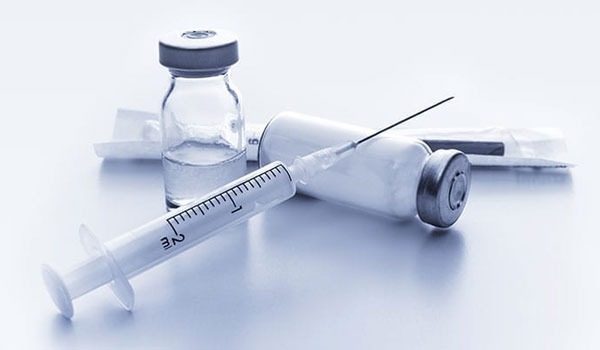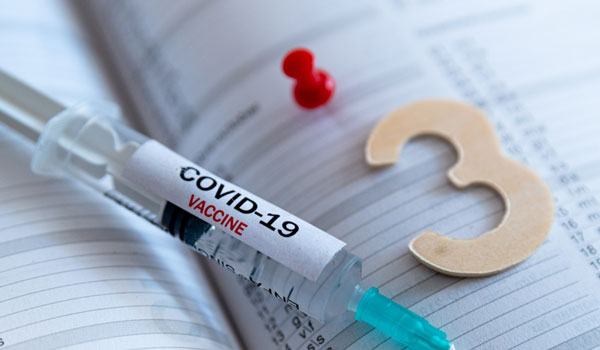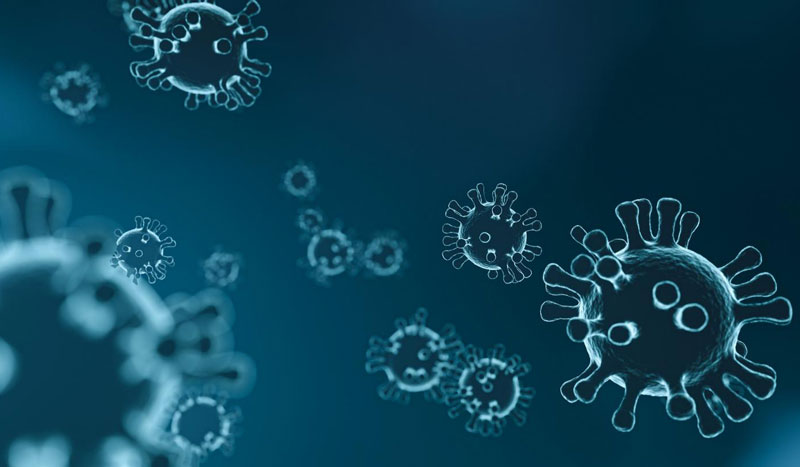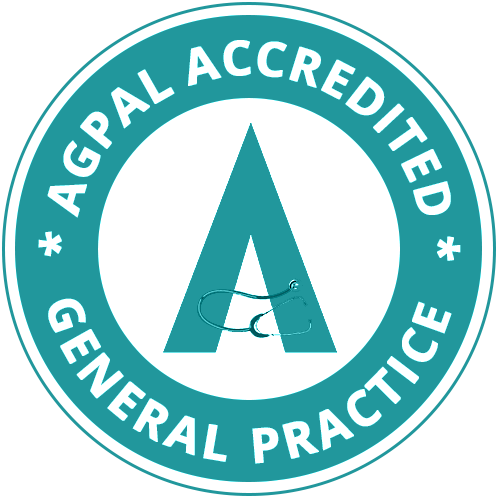This page provides you with information about what to do if you have Covid-19. The advice on this page is of general nature and you should seek medical attention or call us if you have any questions.
Frequently asked questions
The best and most accurate test for Covid-19 is the well-known laboratory PCR test (nasal swab). Rapid Antigen Tests (RAT) are now a more convenient, though slightly less accurate test which can be done at home. Given how common Covid-19 is in the community, they are accurate in diagnosing Covid-19 if you do have symptoms. In certain circumstances, you may be recommended to have a PCR test even if your RAT is negative.
If you are positive on a PCR test, or if you register your positive RAT, you will receive a text from NSW Health. This text will advise you and provide you with a 1800 number (1800960933) to call if you have any concerns. Please feel free to let us know if you have any questions, and do let us know that you are positive. Please do not attend the practice-we can organize a telephone or video call if need be.
You must isolate at home. In accordance with NSW health advice, you should also tell people you have spent time with (social contacts) in the 2 days before your test or before you started having symptoms (whichever is the earlier) and ask them to watch for symptoms.
You should also tell your workplace or school that you have Covid-19 if you have been there whilst you were infectious.
If you are concerned and have any questions, please call and ask to speak to your GP or one of our nurses. We can look after you with telehealth. Alternatively you can all the NSW Health Covid-19 Care at Home support Line on 1800 960 933.
The vast majority of infection in children are mild (even if not vaccinated) and can be managed the same way as a viral illness. More information is available on the NSW Health website and this fact sheet from the Sydney Children’s Hospital network.
Monitor your child’s condition and call us or NSW Health COVID-19 Care at Home Support Line on 1800 960 933 (8:30am to 8:30pm) or the National Coronavirus Helpline on 1800 020 080 (24/7) if you notice any of the following:
Persistent fever (>39°C) which is not responding to treatment
Mild breathlessness
Reduced fluid intake, but more than half-normal
Reduced urine output, but more than half-normal
Moderate vomiting or diarrhoea
Unable to stand or walk
If you are concerned that your child is seriously unwell, has difficulty breathing, is severely dehydrated or fainting, please call Triple Zero (000) immediately and inform the operator that your child has COVID-19.
We are happy to advise you if you have any questions.
If you have Covid-19, you need are required to isolate for 7 days after you did the PCR swab (not after you received the result). This is if your symptoms have cleared.
If you have a persistent cough, runny nose, sore throat, fever, shortness of breath or feel ill, you should not leave isolation.
Wear a mask when interacting with other people and DO NOT VISIT high risk settings or come to the practice (health care, aged care, disability care or correctional facilities) for a further 3 days.
If you work in one of these settings speak to your employer before returning.
You will receive an SMS from NSW Health, but you do not have to wait for this SMS to leave self-isolation if it has been 7 days since you were tested. For example, if you were tested at 10am on Tuesday, you can leave isolation at 10am on the following Tuesday if you do not have any of these symptoms.
You should let us know if you have persistent symptoms so that we can medically clear you from isolation.
Further information that you need to know after isolation can be found here.
Most vaccinated people with Covid-19 recover fully. Some people however may have persistent symptoms such as fatigue, headaches, cough, shortness of breath or feel generally unwell. These may last for weeks or months. Please let us know if we can be of any help.
A close contact is now defined as living with someone who has Covid-19 or being being formally notified by NSW health they are a close contact. If your exposure was someone outside of your household, please assess your own personal risk in accordance with the guidance shown here.
If you find out that you are a close contact, you should isolate as much as possible from the person with Covid-19. If you have no symptoms, you do not have to self isolate, but you should be aware that you are at increased risk of COVID-19 and need to take steps to protect people around you. You should not visit the practice for at least 7 days after the last family member tested positive, unless you have spoken with a doctor.
If you develop any symptoms, you should get tested and isolate for 7 days from the day of the test if it is positive.
There are now two oral antiviral medications available to treat covid-19 in high risk patients to reduce the risk of serious complications. The eligibility criteria for these medications have recently been widened as of July 11th 2022. If you test positive for covid-19 and fall into one of the following categories you may be eligible for antiviral medication:
- 70 years or older regardless of risk factors, and with or without symptoms
- 50 years or older with 2 risk factors
- Aboriginal or Torres Strait Islander, 30 years or older and with 2 risk factors.
- 18 years or older with moderate to severe immunocompromise
Risk factors include:
- living in residential aged care
- living with disability with multiple conditions and/or frailty
- neurological conditions like stroke or dementia and demyelinating conditions e.g. multiple sclerosis, Guillain-Barre Syndrome
- chronic respiratory conditions including COPD, moderate or severe asthma
- obesity (BMI>30) or diabetes (type I or II requiring medication)
- congestive heart failure, coronary artery disease, cardiomyopathies
- kidney failure or liver cirrhosis
- living remotely with reduced access to higher level healthcare
Please note antiviral medication is only suitable for people at high risk of complications from covid-19. Most people do not require treatment. Further information is available through NSW Health.
Managing Covid-19 at home
For further information regarding management of mild covid-19 symptoms at home, please refer to this NSW Health website.
Covid-19 Information
Covid-19 Vaccines
Vaccines available at Hills Family Practice Pfizer Monovalent Omicron XBB.1.5 - for 12 years and over booster or primary course For children 5-11 years of age, please discuss with a doctor or nurse in order to obtain a suitable vaccination. If you receive your vaccine elsewhere, please let [...]
Covid-19 vaccination for people with low immunity
Please note that the advice on this page is specifically for patients who have conditions which could have impaired their response to the first and second dose of the Covid Vaccine. The advice for boosters is different to what is referred to as dose three. Further information on boosters [...]
Managing Covid-19 at Home
This page provides you with information about what to do if you have Covid-19. The advice on this page is of general nature and you should seek medical attention or call us if you have any questions. Frequently asked questions Managing Covid-19 [...]
